Solitary Bee Extermination Services
- Mon - Fri
- -
- Sat - Sun
- Appointment Only
Learn More About Solitary Bees
There are hundreds of different species of solitary bees. They come in various shapes, sizes, and colors. These bees are very beneficial to have around. They are efficient pollinators and are basically harmless. We have never heard of anyone being stung by one.
As the name says, they are solitary - they don't live in large colonies like other bees. They live in pairs, male and female. They use small holes, sometimes in the ground or wall of your house, to lay their eggs in. Each pair will have their own hole - however, they are often found in close proximity to each other. It's not uncommon to have dozens of holes being used in one area.
Some ground holes will have mounds of dirt around them and others will not. Some are attracted to alkali soil. If that is the case, you can use a fertilizer that is high in nitrogen to change the soil to an acid. This will take several applications. Then, in the future, they won't like your soil.
If they are going into cracks and holes in your house in most cases you can caulk them up. Just make sure to break up the nest first (easily done with a piece of wire etc.), otherwise they'll dig out next spring. Their lifespan is fairly short, about six weeks. Then, next spring, the next generation emerges and starts the cycle all over again.
Some familiar names of solitary bees are alkali bees, sweat bees, mason bees, blue orchard bees, horn-faced bees, digger bees, and leafcutter bees. Carpenter bees also fall into this category, but we have not heard of these being reported any further north than Medford.

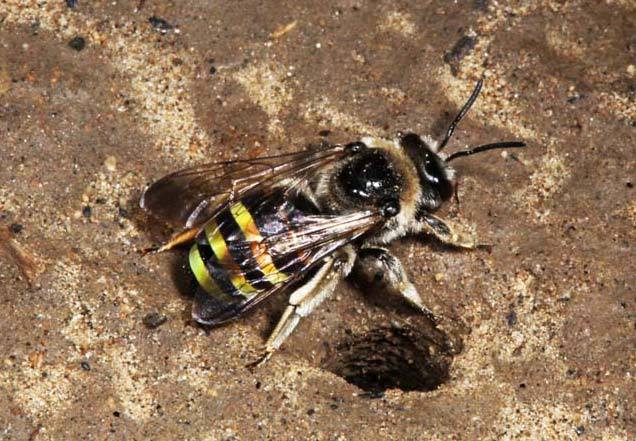
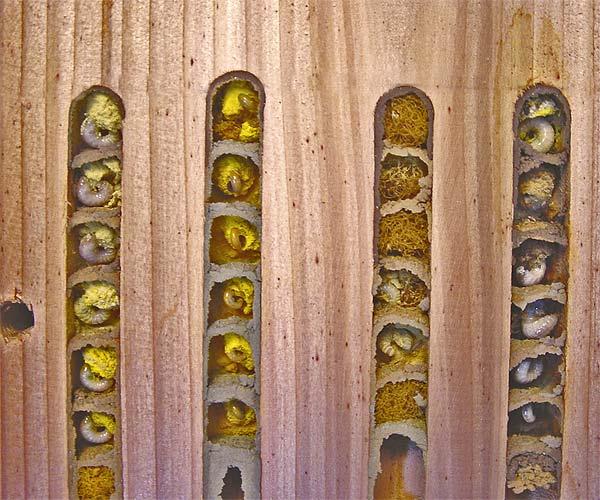
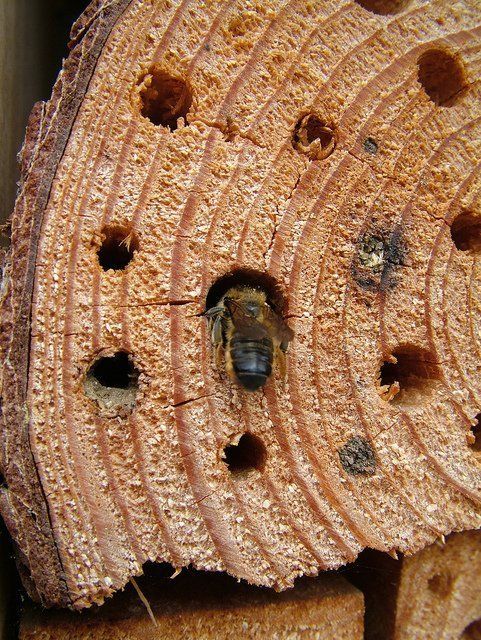
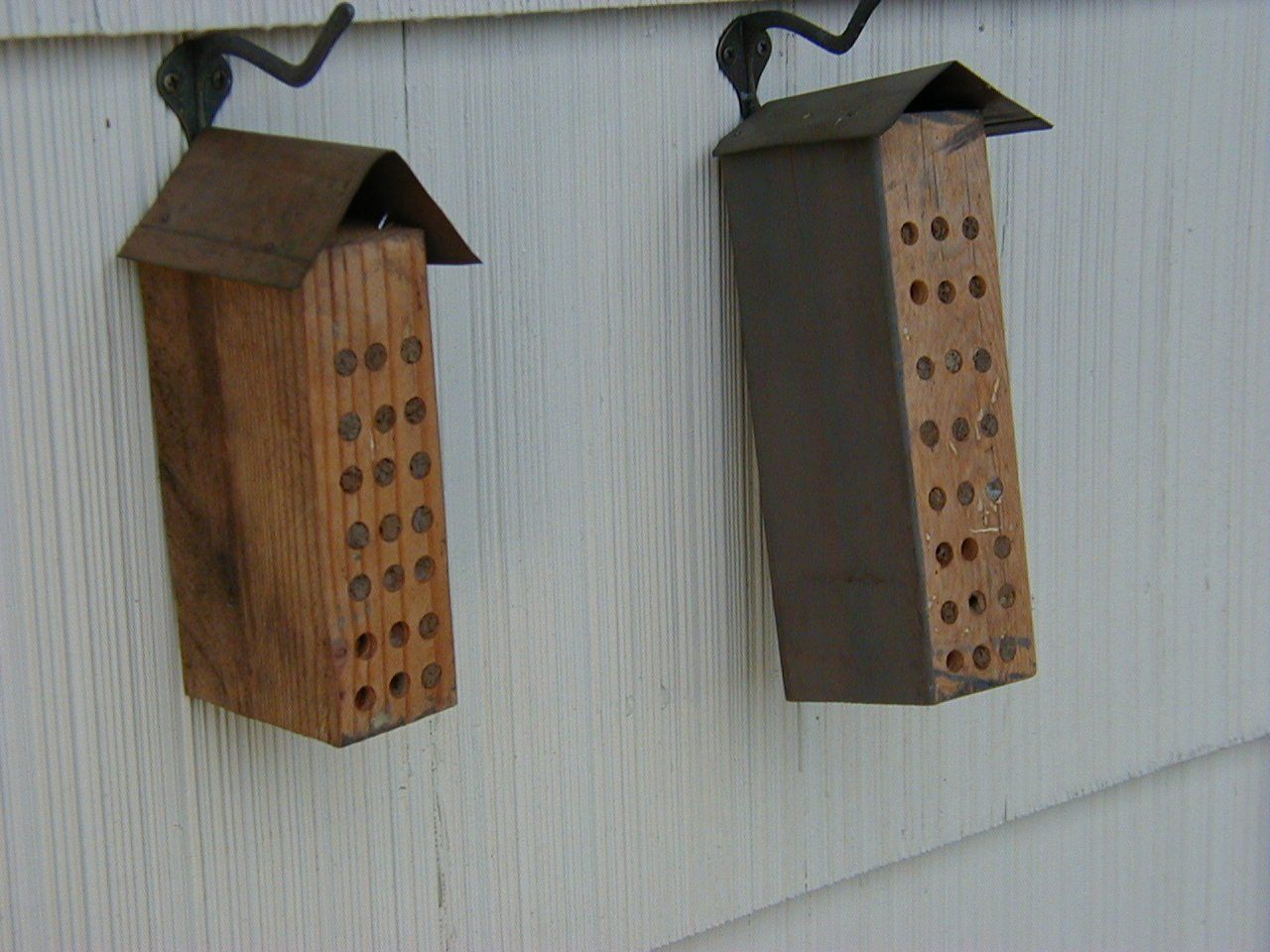
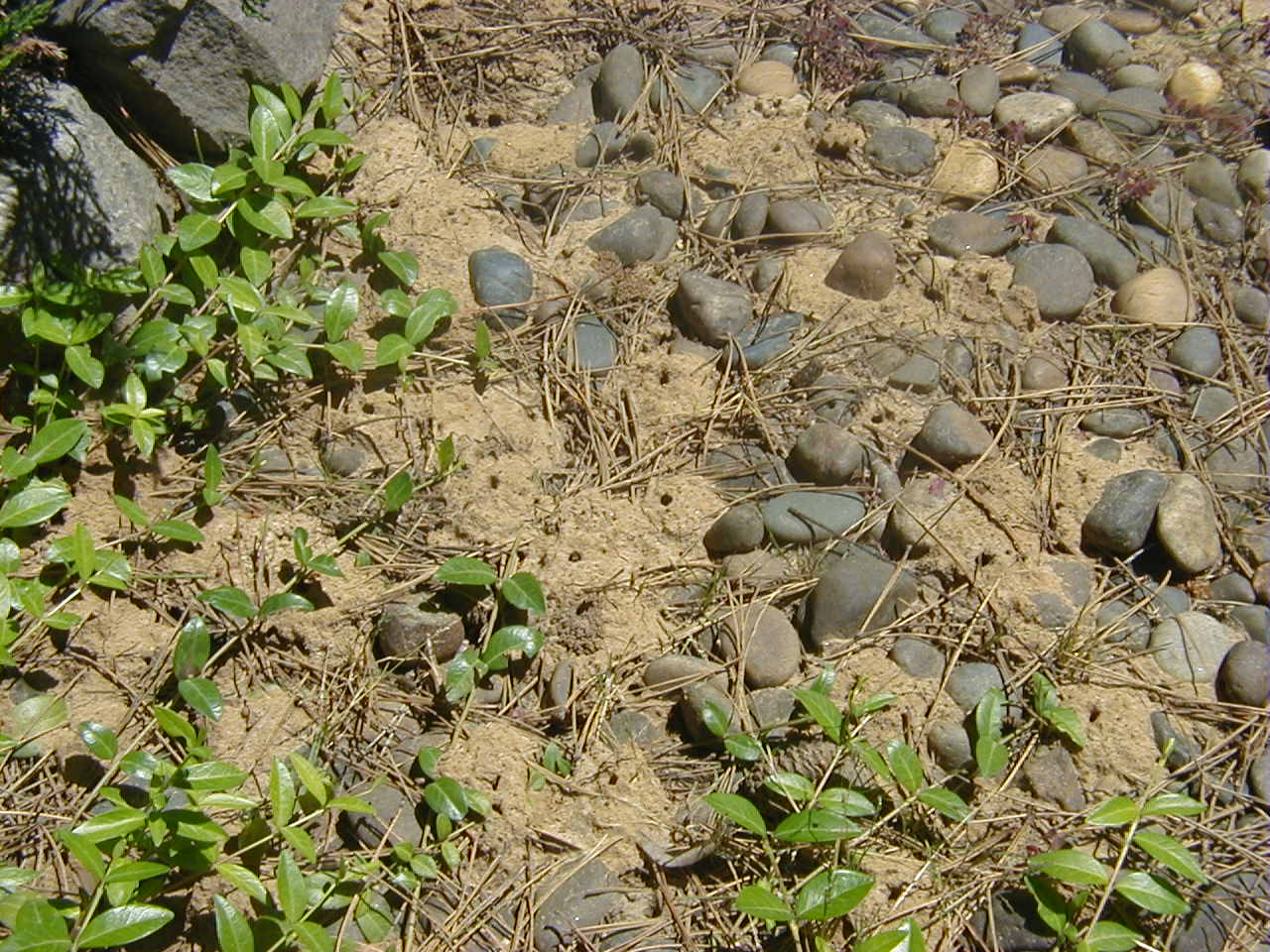
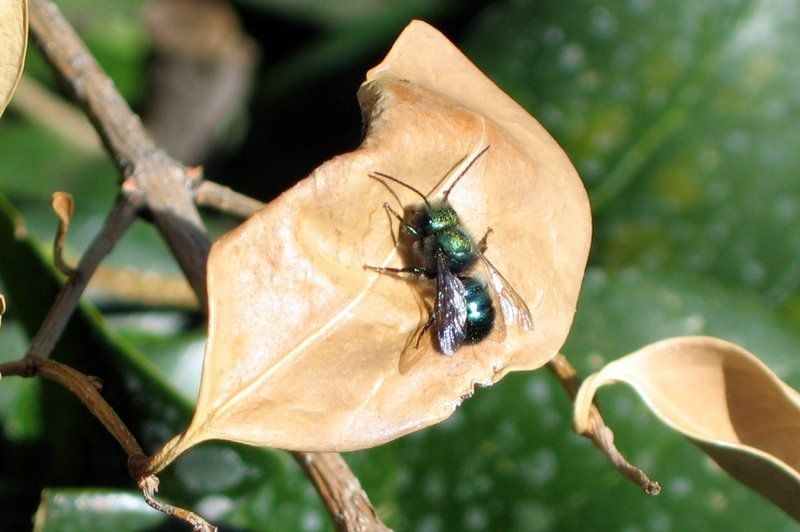


Share On: